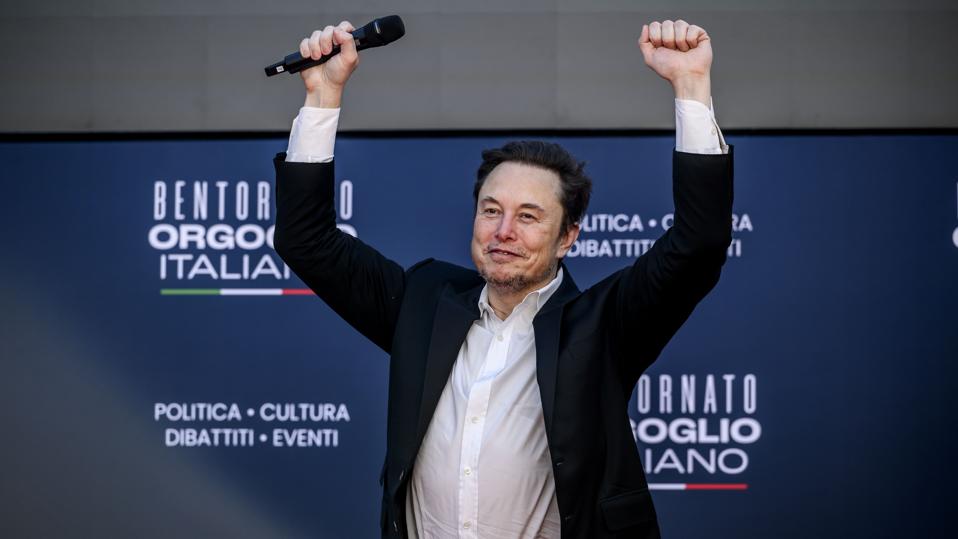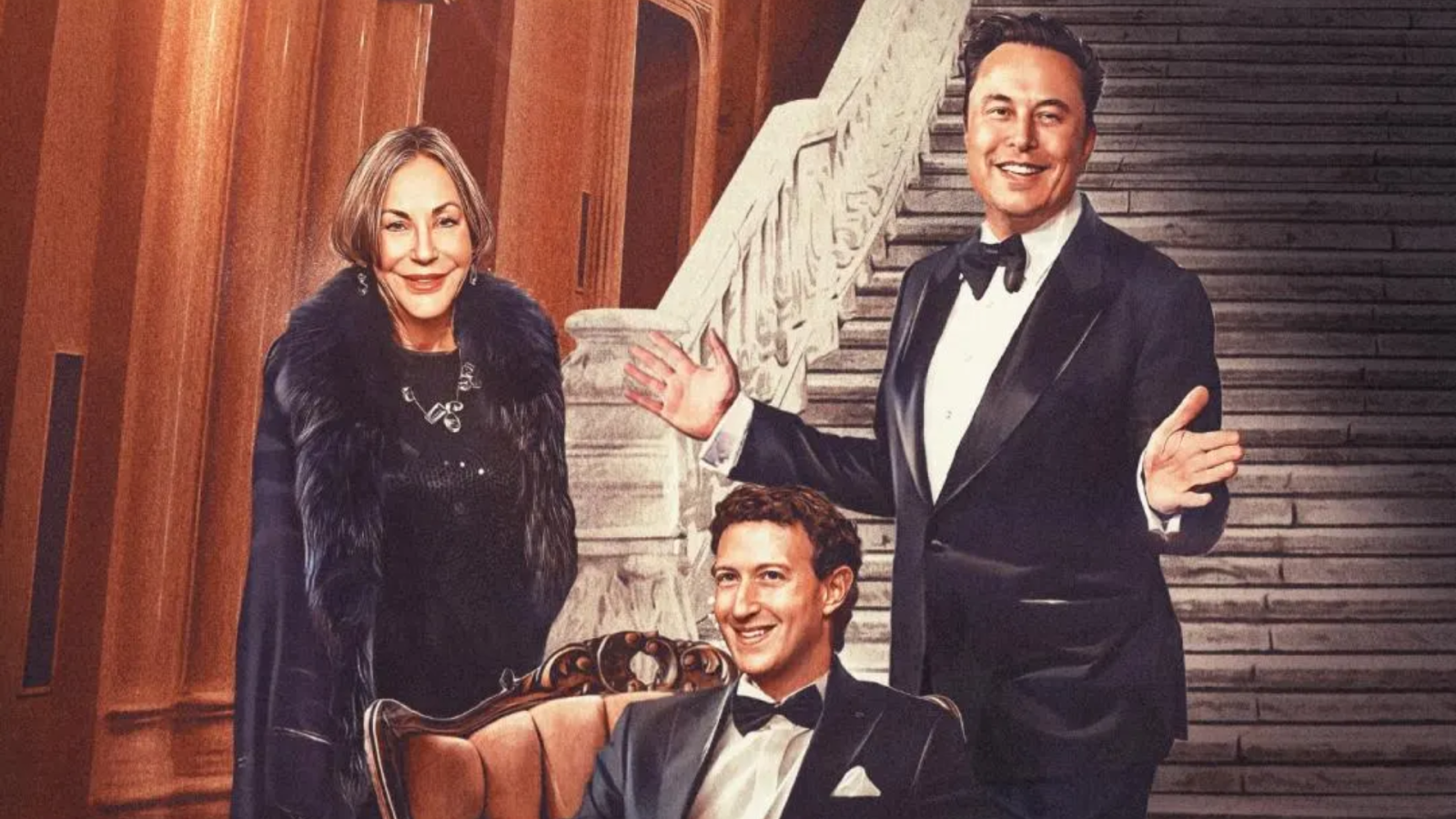Prominent billionaires butted heads this week over the issue of diversity, equity and inclusion initiatives, a discussion sparked by the Tuesday resignation of Claudine Gay, Harvard University’s first Black president, amplifying mostly right-wing outrage over DEI programs’ place in corporations and universities.

Elon Musk is among the billionaires railing against diversity measures this week.
Getty Images
Key Facts
Gay’s resignation came after months of pressure from Harvard alumnus and hedge fund billionaire Bill Ackman, who then took to X on Thursday to publish a more than 4,000-word essay largely railing against the idea of DEI and writing “DEI is racist” given the alleged disadvantages such measures provide to “white people.”
Elon Musk, X’s owner and the world’s richest person, reposted Ackman’s monologue, concurring DEI is the “definition of racism” and “shame on anyone who uses it,” the latest in Musk’s string of oft-controversial statements about DEI and so-called anti-white racism.
Mark Cuban, the billionaire part-owner of the NBA’s Dallas Mavericks, pushed back on his billionaire brethren’s anti-DEI tirades, advocating for the merits of DEI initiatives in a series of posts, arguing well-done DEI “is a goal every company should have” as a diverse workforce helps businesses best understand their customer base, an equitable workplace helps companies maximize value from employees and inclusive environments increase worker productivity as it reduces undue stress, according to Cuban.
The billionaire clash comes after simmering tension over the last few months between deep-pocketed donors and Ivy League universities, whose DEI programs have come under fire in light of colleges’ alleged lack of support for Jewish students during the war between Israel and Hamas, and highlights DEI’s place as a lynchpin in the broader social tensions in America’s ongoing “culture war.”
Other billionaires reveling in Gay’s resignation included Marc Andreesen, the billionaire venture capitalist whose X profile’s biography currently reads “Harvard Department of Quantum Science and Inequality” despite no formal ties to the university, and the Republican presidential candidate Vivek Ramaswamy, who claimed Gay only earned her mantle as Harvard president due to affirmative action.
Crucial Quote
“When should we expect to see a short white/Asian women [sic] on the Mavs?,” Musk retorted Thursday to Cuban, referring to the basketball team.
Contra
In addition to Cuban, numerous other billionaires have publicly backed the importance of DEI measures, including Apple CEO Tim Cook, Facebook CEO Mark Zuckerberg and Blackstone bosses Jonathan Gray and Stephen Schwarzman. Cook said in 2015 he believes Apple is a “better company” due to its diversity efforts, asserting, “I think the most diverse group will produce the best product, I firmly believe that.”
Key Background
DEI, which has firmly had a place in corporate America since at least the 1960s, grew to significant prominence in the aftermath of the 2020 protests against police brutality and the broader treatment of Black Americans. Scores of companies and colleges committed at the time to bolster commitments toward racial justice, but in corporate and academic settings, DEI initiatives have seemingly lost steam in 2023 and the wee days of 2024. The Supreme Court struck down affirmative action in college admissions last June, several states enacted significant budget cuts to DEI programs (some like Texas outright banned DEI in higher education) and companies including Google and Facebook reportedly cut funding drastically for DEI initiatives as uneven economic conditions broadly caused tighter spending.
Surprising Fact
Despite Musk’s recent musings on the subject, his electric vehicle company Tesla was an active participant in corporate America’s enthusiasm for DEI in 2020, issuing a 25-page report at the time on the company’s progress in DEI, including a commitment to increase the representation of Black employees in new hires and leadership positions.
Tangent
Chip Wilson, the billionaire founder and largest individual shareholder of fitness titan Lululemon, eviscerated the concept of inclusive advertising in an interview with Forbes published this week. “I think through this whole diversity and inclusion thing that they’re trying to become like the Gap, everything to everybody,” Wilson bemoaned about Lululemon’s brand strategy, adding he disagrees with Lululemon promoting their products through “people who look very unhealthy.”
This post originally appeared on Forbes.com


